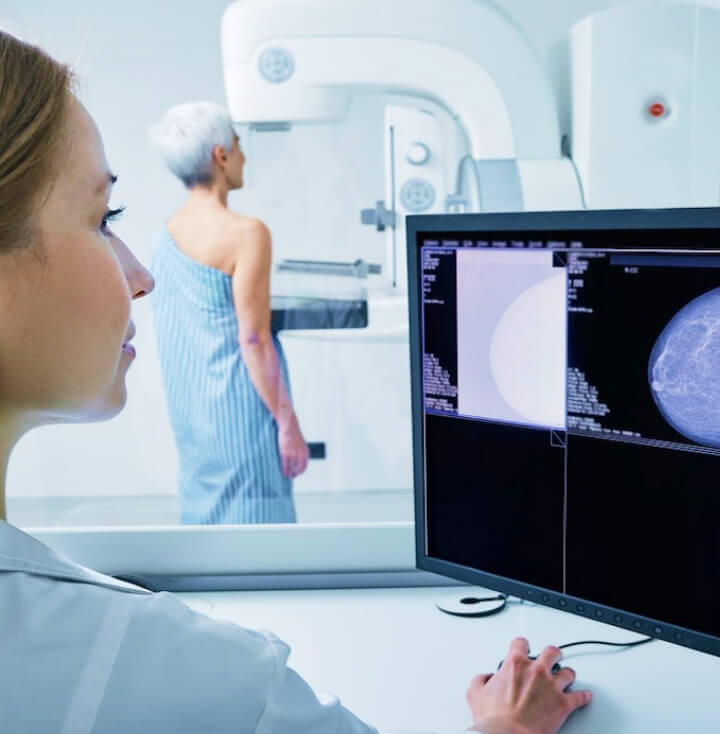West Texas Health is committed to providing expert care across a range of conditions and situations. Our X-ray technologists and staff have extensive training and expertise in conducting safe, effective X-ray imaging. If you are needing an X-ray near you in Abilene, the health care team at West Texas Health is here for you.







